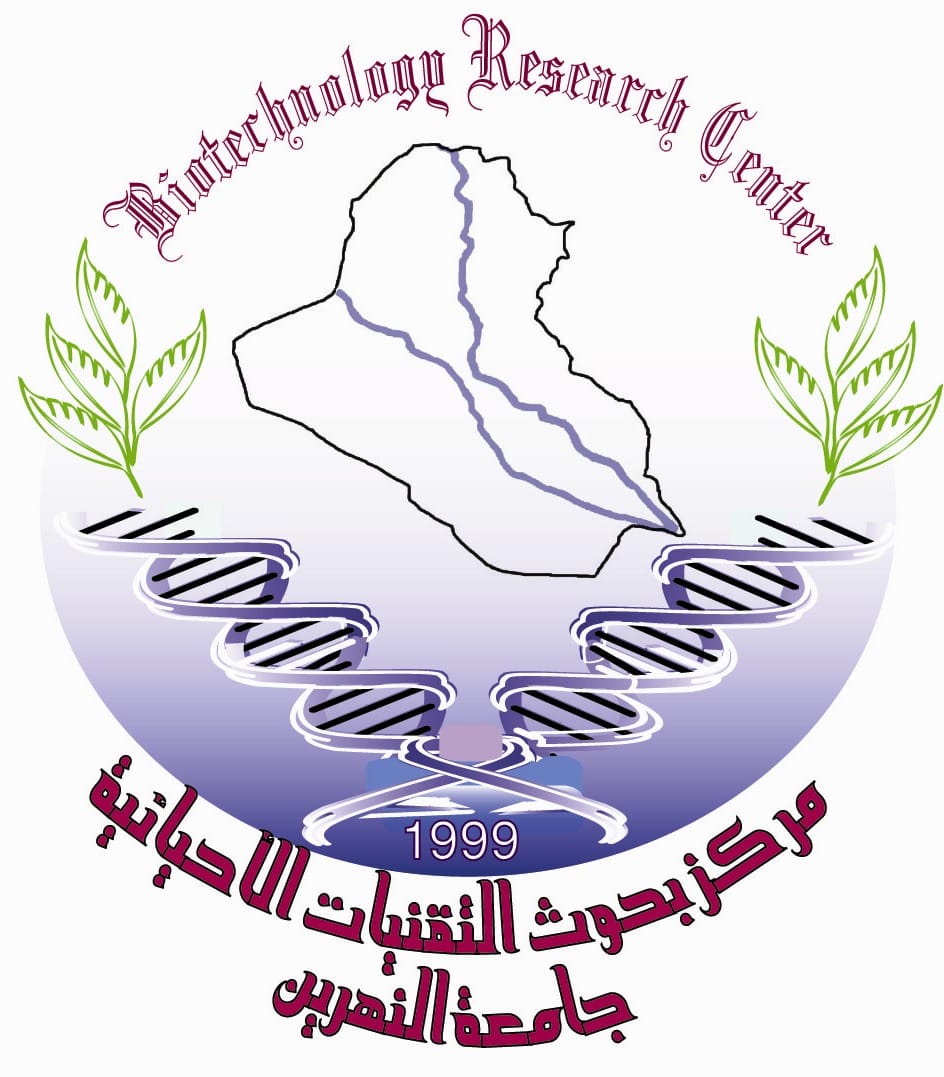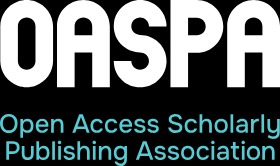Prevalence and Antibiotic Susceptibility of Gram-Negative Bacteria Isolated from Different Meat Samples in Baghdad City
DOI:
https://doi.org/10.24126/jobrc.2024.18.1.713Keywords:
Antibiotic susceptibility, E. coli, Gram-negative bacteria, imipenem, meropenemAbstract
Background: The occurrence of Gram-negative (G -ve) bacteria in meat samples raises a major concern due to the possibility of drug resistance incidence since G -ve bacteria have built-in resistance mechanisms and can pass on genetic elements that enable other bacterial species to develop into drug-resistant as well. This drug resistance could be transferred to consumers through a food-borne route. This study aimed to evaluate the prevalence of Gram-negative bacteria in meat samples as well as to detect their antibiotic susceptibility patterns. Methods: For this purpose, 100 meat samples (ground meat, raw burgers, frozen chicken, and chicken carcasses) were collected, and obtained isolates were identified using conventional microbiological techniques including cultural and microscopic identification. After that antibiotic susceptibility patterns were detected using Kirby Bauer's disc diffusion method. Results: Results showed that 91 of the samples were harboring Gram-negative bacteria and E.coli was the most common isolate (51.64%) followed by Klebsiella pneumoniae (18.68%) while the least common isolate was each of E. coli O157:H7, Aeromonas hydrophila, Kluyvera spp., Raoultella terrigena, Hafnia alvei, and Serratia marcescens (1.10%). Susceptibility test showed that all isolates were susceptible to Meropenem and Imipenem while Ampicillin was the most resisted antibiotic. Conclusion: We conclude that meat samples harbor numerous pathogenic Gram-negative bacteria which showed antibiotic-resistant ability toward most tested drugs. However, Meropenem and Imipenem were the least resisted drugs which makes them an appropriate choice for the treatment of foodborne infections.
Downloads
Published
How to Cite
Issue
Section
Categories
License
Copyright (c) 2024 Mustafa A. Hadid, Abdulwahid B. Al-Shaibani , Mohammad M. F. Al-Halbosiy

This work is licensed under a Creative Commons Attribution 4.0 International License.
This is an Open Access article distributed under the terms of the creative commons Attribution (CC BY) 4.0 license which permits unrestricted use, distribution, and reproduction in any medium or format, and to alter, transform, or build upon the material, including for commercial use, providing the original author is credited.











